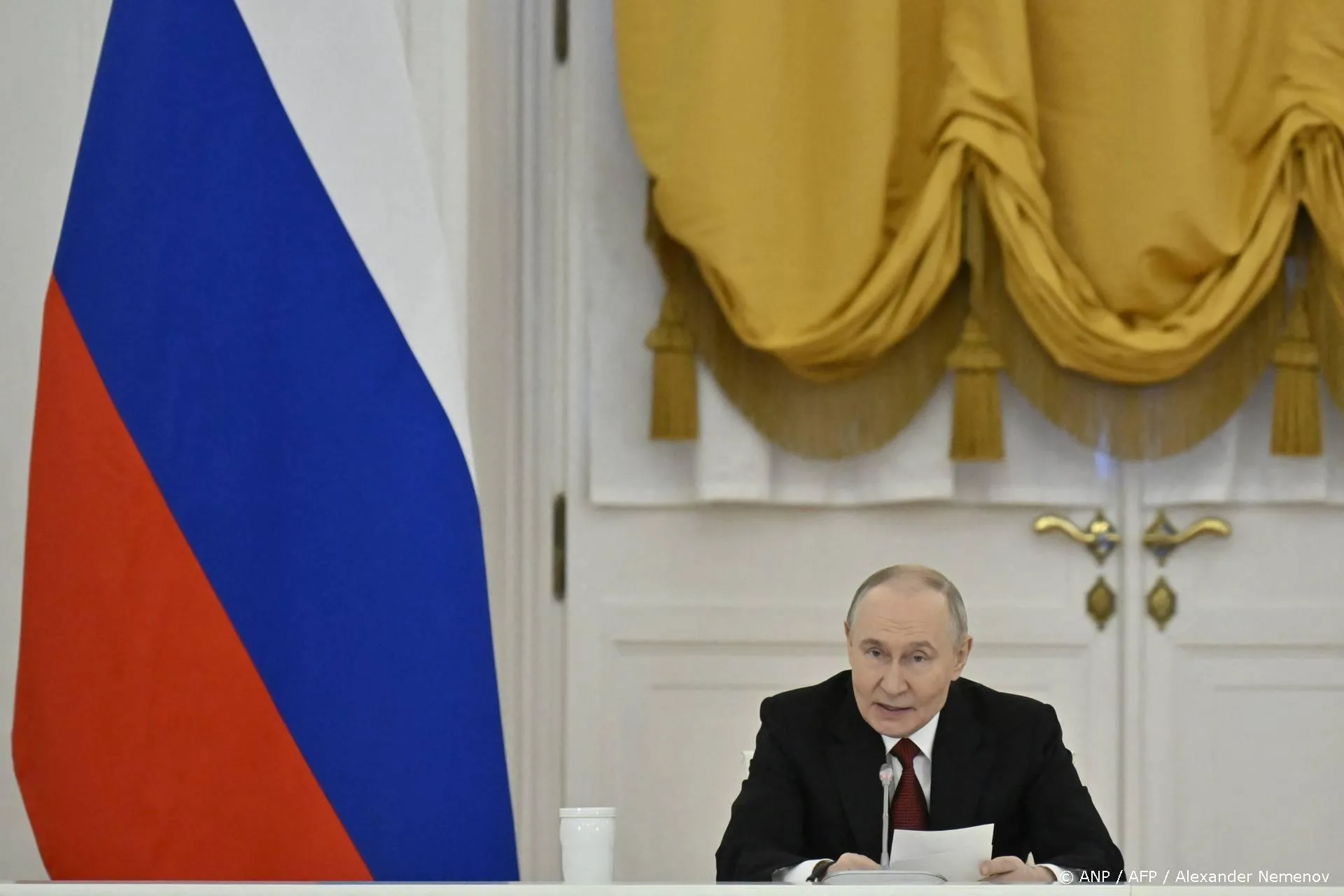Duitsland's groene nachtmerrie
Wende van de Energiewende?
Eerder schreef ik dat verschillende Duitse captains of industry hadden gewaarschuwd voor de nefaste gevolgen van de Energiewende, omdat de hoge stroomprijzen in Duitsland de concurrentiepositie en export van het bedrijfsleven zwaar hebben aangetast. Het is overigens niet alleen een probleem dat Duitsland aangaat, maar ook andere landen die economisch nauw met Duitsland zijn verbonden. Als de Duitse economische motor stokt, zal dat de rest van de EU, inclusief buurland Nederland, niet onberoerd laten.
Maar het zijn niet alleen individuele bedrijven die de alarmklok luiden. Dezer dagen zijn twee gezaghebbende rapporten verschenen, die wel eens tot een Wende van de Energiewende zouden kunnen leiden.
Onder de titel: 'Germany's Green Nightmare, A Path to Economic Self-Destruction' rapporteerde Walter Russell Mead in 'The American Interest':
More bad news for Germanys green dreamers: Two reports published this week highlight some fundamental flaws underlying the Energiewende, Germanys radical set of energy policies.
The first, by the Commission for Research and Innovation (EFI), states that the subsidies by which green power producers in Germany are paid guaranteed, above-market prices to put electricity on the grid arent a cost-effective instrument for climate protection. Nor are they producing a measurable effect on innovation. For both these reasons, there is no justification for a continuation of the EEG [the Renewable Energy Law], the report concludes.
Those are devastating blows against the Energiewendes legislative cornerstone, which has been in force since 2000. The special path on energy cost taxpayers 22 billion last year aloneand that figure doesnt include residual costs to the economy.
German industry, as Reuters writes, seized on the report to support its opposition to incentives for renewable energy:
Export-oriented companies have warned that a sharp rise in the price they pay for power, buoyed by the cost of green incentives, are making them uncompetitive and some have threatened to shift investments and production abroad.
With industry accounting for around a quarter of Germanys economy, its voice matters in Berlin. The BDI has said the governments plans put about 900,000 jobs in Germany at risk.
The second report, by Information Handling Services (IHS), calculates that Germany lost 15 billion in exports last year from having to pay a premium for electricity compared with international competitors, and a total of 52 billion in the six-year period from 200813. As the Financial Times points out, smaller companies were disproportionately affected, because, unlike heavy energy users such as BASF and ThyssenKrupp, small companies are not eligible for exemptions from the energy bill surcharges that cover the costs of the move to clean energy.
Germanys Minister of Energy and Vice Chancellor Sigmar Gabriel has already acknowledged that the system of subsidies for green energy needs to be reformed. Minister of Finance Wolfgang Schäuble also admitted that Germany may have gone too far in its attempt to legislate climate protection. But the reports published this week go even further than these confessions. The problem isnt that there is a trade-off that needs to be rebalanced. Germanys Energiewende isnt a trade-off at alljust pure economic self-destruction: The EEG doesnt provide more climate protection, the EFI writes. It just makes [energy] more expensive.
Lees verder hier.
Het is vooralsnog onduidelijk wat voor invloed deze rapporten zullen hebben. De Duitse politiek, zowel regeringspartijen als oppositie, heeft zich wat de Energiewende betreft zó diep in de nesten gewerkt dat zij zich daar slechts met het grootste gezichtsverlies uit kan bevrijden. En de Duitse bevolking is zodanig geïndoctrineerd dat zij de lastenverzwaringen die uit dit beleid voortvloeien, vooralsnog lijdzaam heeft gedragen. Maar onze oosterburen zijn weliswaar misschien wat gevoeliger voor verschillende vormen van collectieve hysterie dan andere volkeren, maar ze zijn niet gek. Dus uiteindelijk zal de ommekeer wel komen. Maar voordat dat het geval is, zullen er jaarlijks ongetwijfeld nog vele tientallen miljarden in een bodemloze put verdwijnen.
Voor mijn eerdere DDSbijdrage zie hier.
Ga verder met lezen
Dit vind je misschien ook leuk
Laat mensen jouw mening weten
Lees ook
Loading


